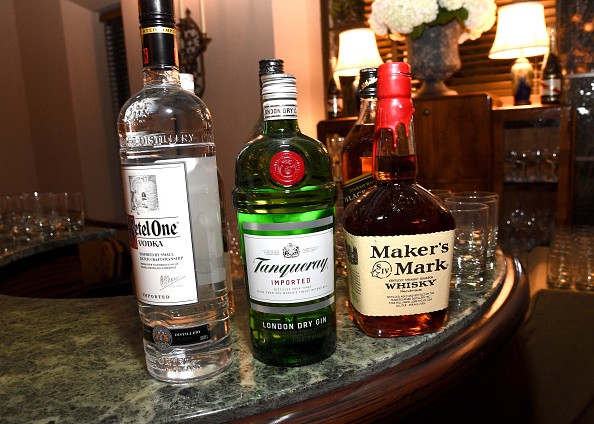
Researchers from the U.S. National Institute on Alcohol Abuse and Alcoholism say that almost 30% of Americans have a problem with alcohol at some time during their lives. These problems include binge drinking, alcohol abuse, and alcoholism. Their report stated that only about 20% of people who have a drinking problem get help for it.
The researchers conducted a very large series of interviews with a representative sample of Americans as part of the 2012-2013 National Epidemiologic Survey on Alcohol and Related Conditions. More than 36,000 people were surveyed.
The report found that the prevalence of a drinking problem for the 12 months before the survey was 13.9% and for the person's lifetime was 29.1%. The highest rates of lifetime drinking problems were found in white and Native American men, with 33% and 33% respectively. Severe alcohol use disorders were more common in the lowest income level.
Only 19.8% of people who said they had ever had a problem with alcohol said they were ever treated for it.
Alcohol use disorders were significantly associated with several health problems or mental issues, including depression, bipolar disorder, borderline personality disorder, and antisocial disorders and with other substance abuse.
The report concluded that these findings indicate a great need to educate the public and policy makers about alcohol use disorders. The disorder needs to be destigmatized and people who have problems with alcohol need to be encouraged to seek out treatment.
Alcohol abuse and alcoholism used to be considered separate diagnoses in psychiatry. However, in the most recent edition of the Diagnostic and Statistical Manual of Mental Disorders-the manual used by psychiatrists when making a diagnosis-both alcohol abuse and alcoholism have been combined into one diagnosis called alcohol use disorders. Alcohol use disorders are among the most common mental disorders in the world and can be highly disabling, the report noted. They can also lead to psychological and financial burdens and to accidents, violence, and crime.
The report was published online in JAMA Psychiatry.



